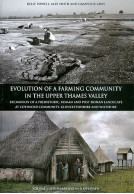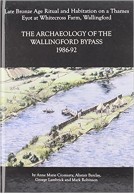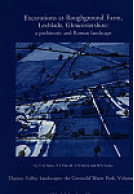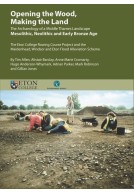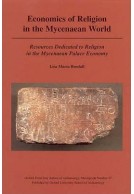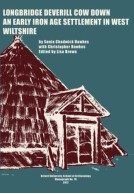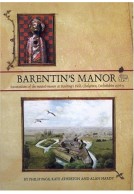Google Books previews are unavailable because you have chosen to turn off third party cookies for enhanced content. Visit our cookies page to review your cookie settings.
The Archaeology of the Gravel Terraces of the Upper and Middle Thames (Hardback)
Late Prehistory 1500 BC-AD 50
Imprint: Oxford University School of Archaeology
Series: Thames Valley Landscapes Monograph
Pages: 428
ISBN: 9780954962791
Published: 2nd November 2009
Script Academic & Professional
Series: Thames Valley Landscapes Monograph
Pages: 428
ISBN: 9780954962791
Published: 2nd November 2009
Script Academic & Professional
You'll be £14.95 closer to your next £10.00 credit when you purchase The Archaeology of the Gravel Terraces of the Upper and Middle Thames. What's this?
+£4.99 UK Delivery or free UK delivery if order is over £40
(click here for international delivery rates)
Need a currency converter? Check XE.com for live rates
(click here for international delivery rates)
Need a currency converter? Check XE.com for live rates
In common with other volumes in the Thames Through Time series, this account of the Thames Valley in the millennium and a half before the Roman conquest seeks to examine change in human society from a thematic point of view. The geographical and chronological framework for this volume is established in Chapters 1 and 2, but thereafter we have tried to get away from the traditional, somewhat artificial pigeon-holes of 'periods' 'ages' 'eras' and 'phases' to look much harder at how change in human society actually works. In a period when the 20th century has come to dominate secondary school history and much popular TV, the notion that the first foundations of modern society can be traced back more than 3000 years may seem a rather surprising proposition. But some fundamental patterns of settlement and landuse, political boundaries, human impact on the environment, and even the specific use and form of a few places can be traced back to late prehistoric times despite millennia of subsequent change - even though otherwise we may now have very little in common with those remote ancestors. Exploring these issues on a thematic basis should help us to gain a better understanding of how human society evolves and also of how people have altered their natural environment, providing a better long term perspective on what we are doing to the planet.
Customers who bought this title also bought...
Other titles in the series...
Other titles in Oxford University School of Archaeology...










